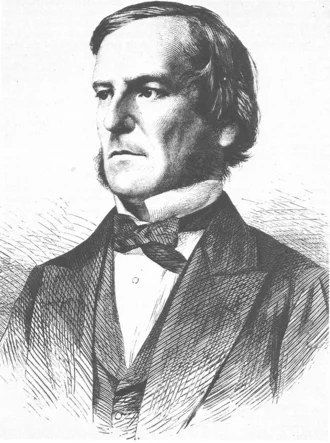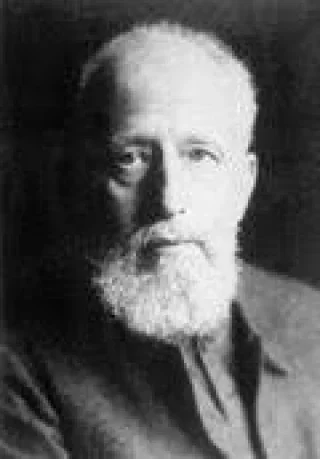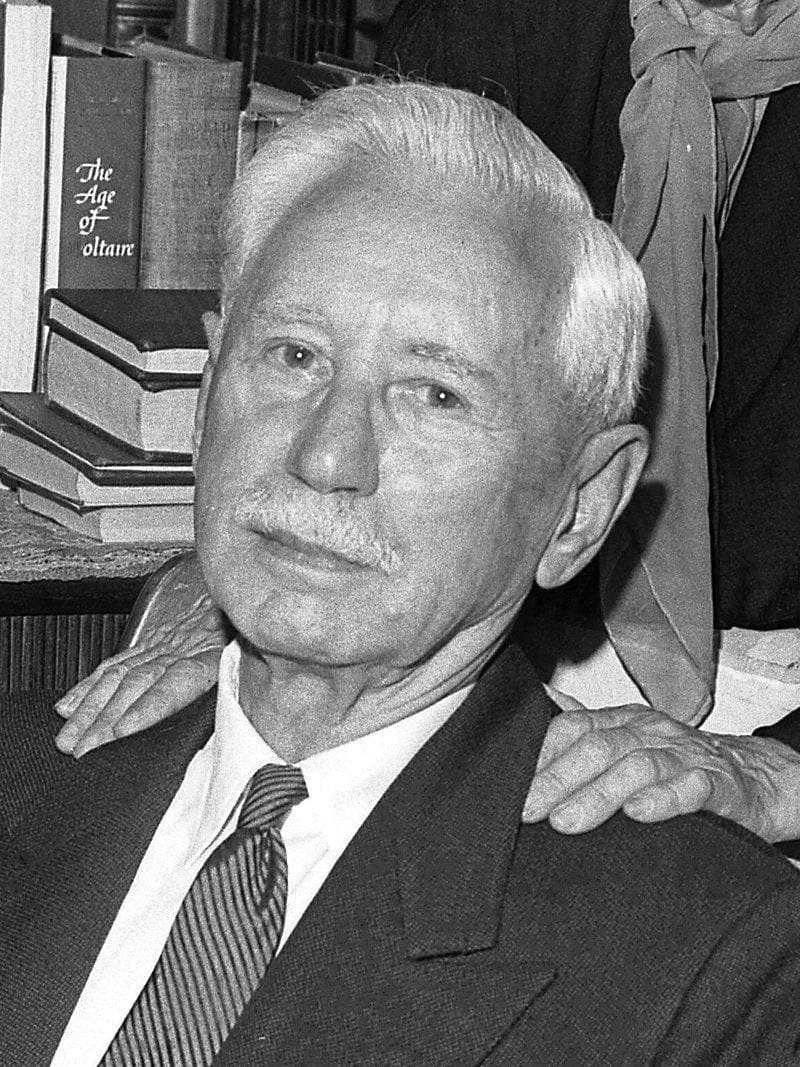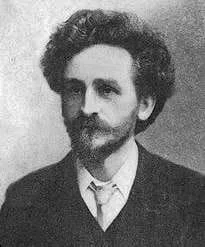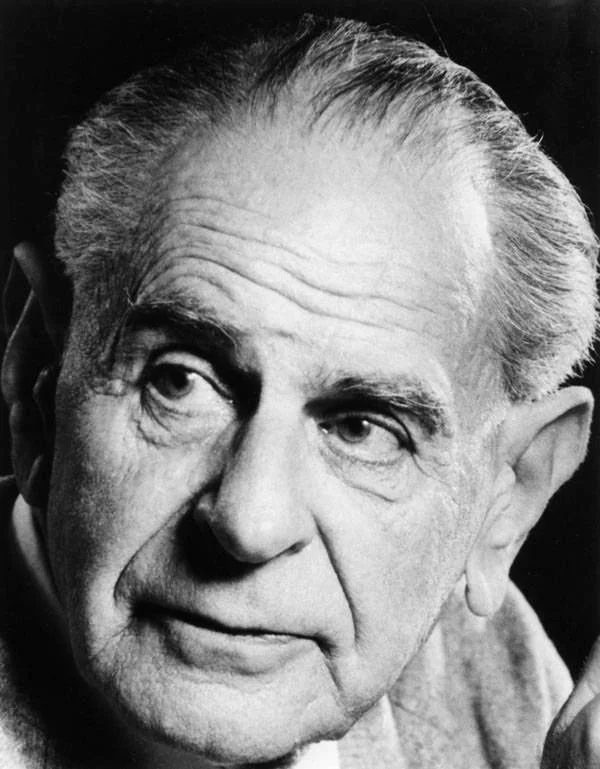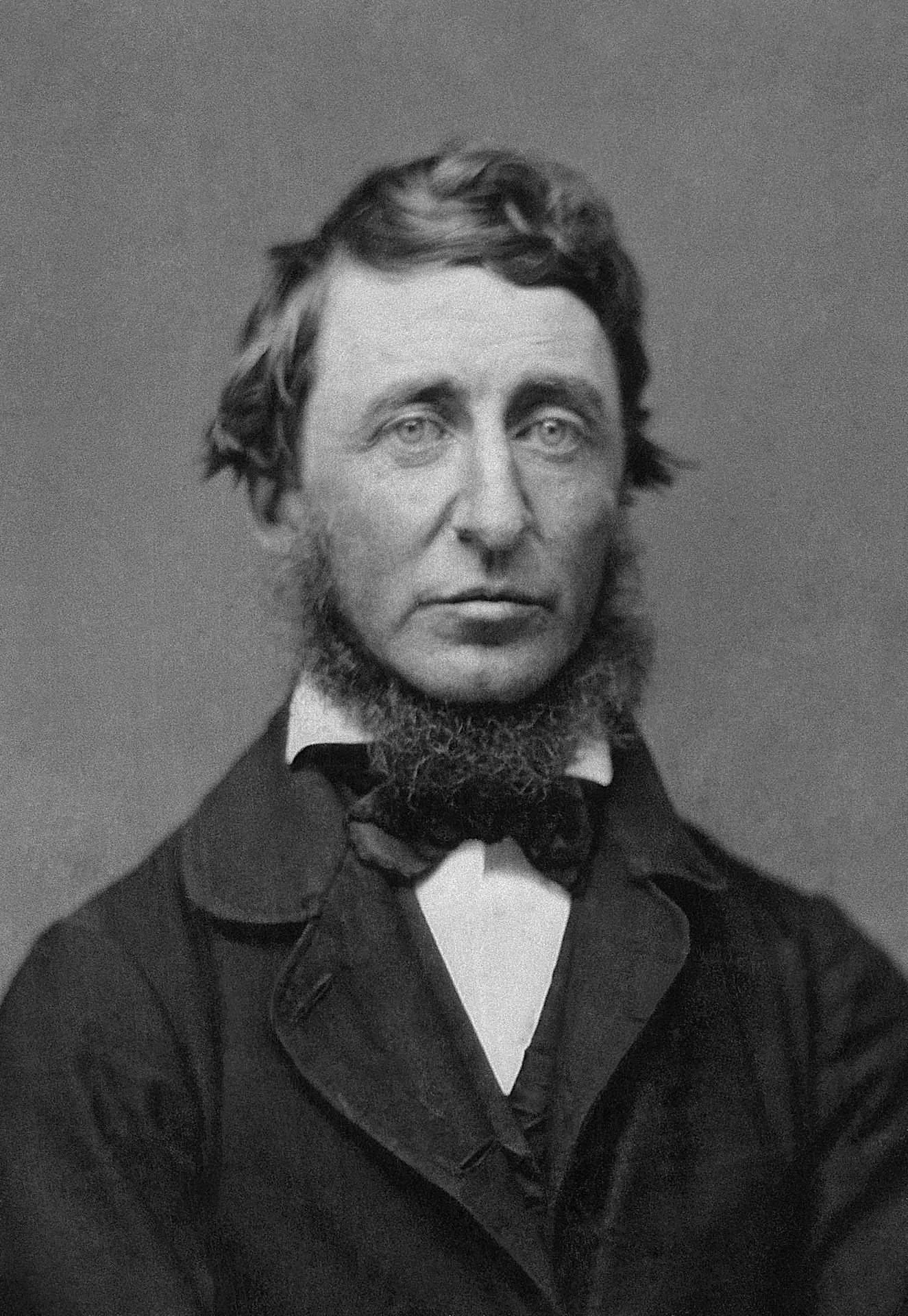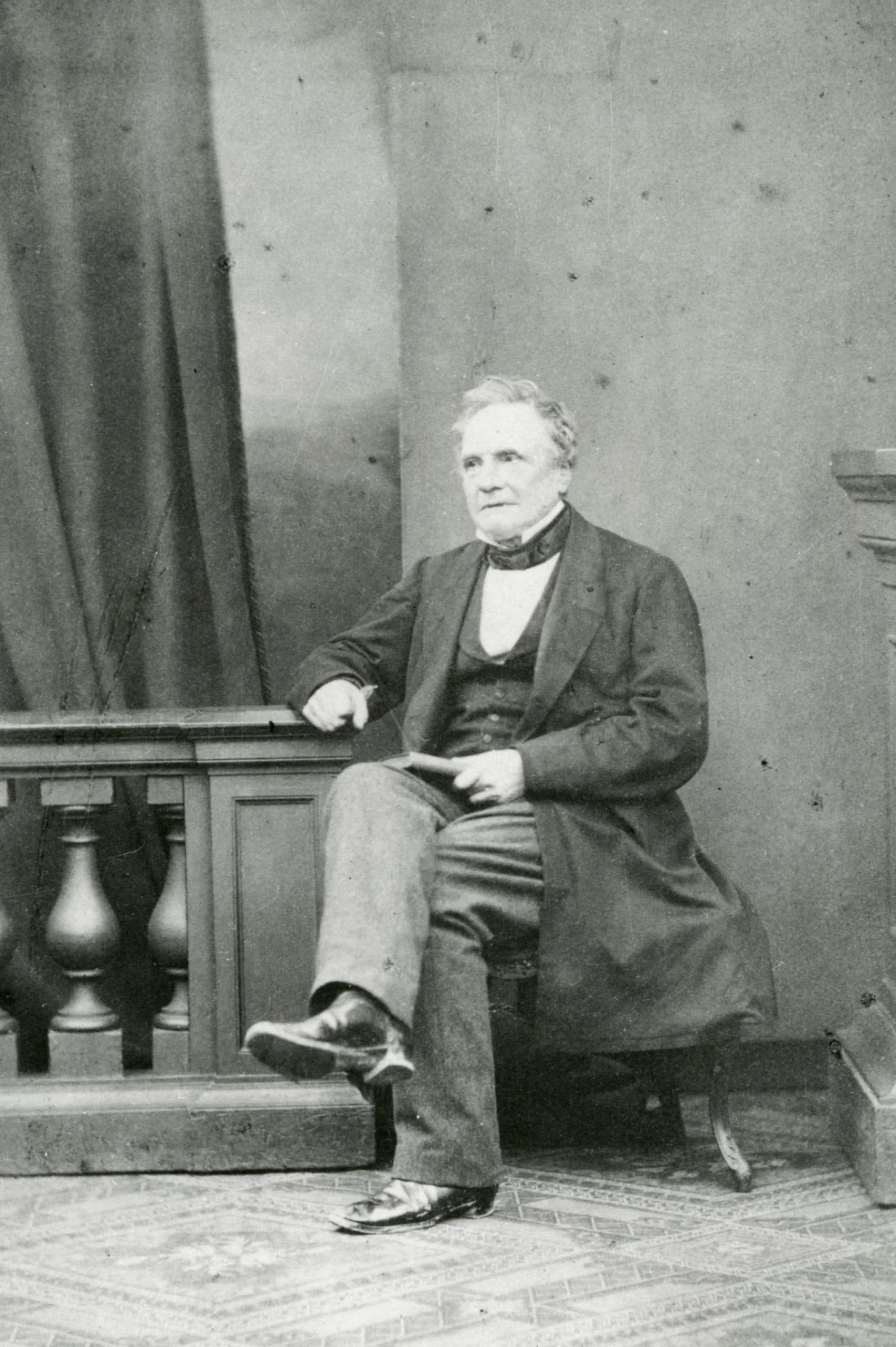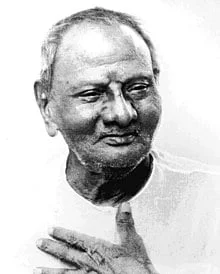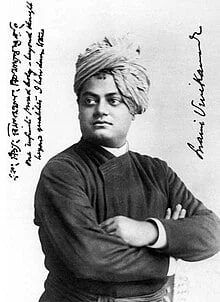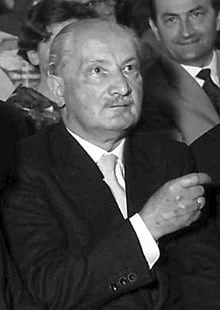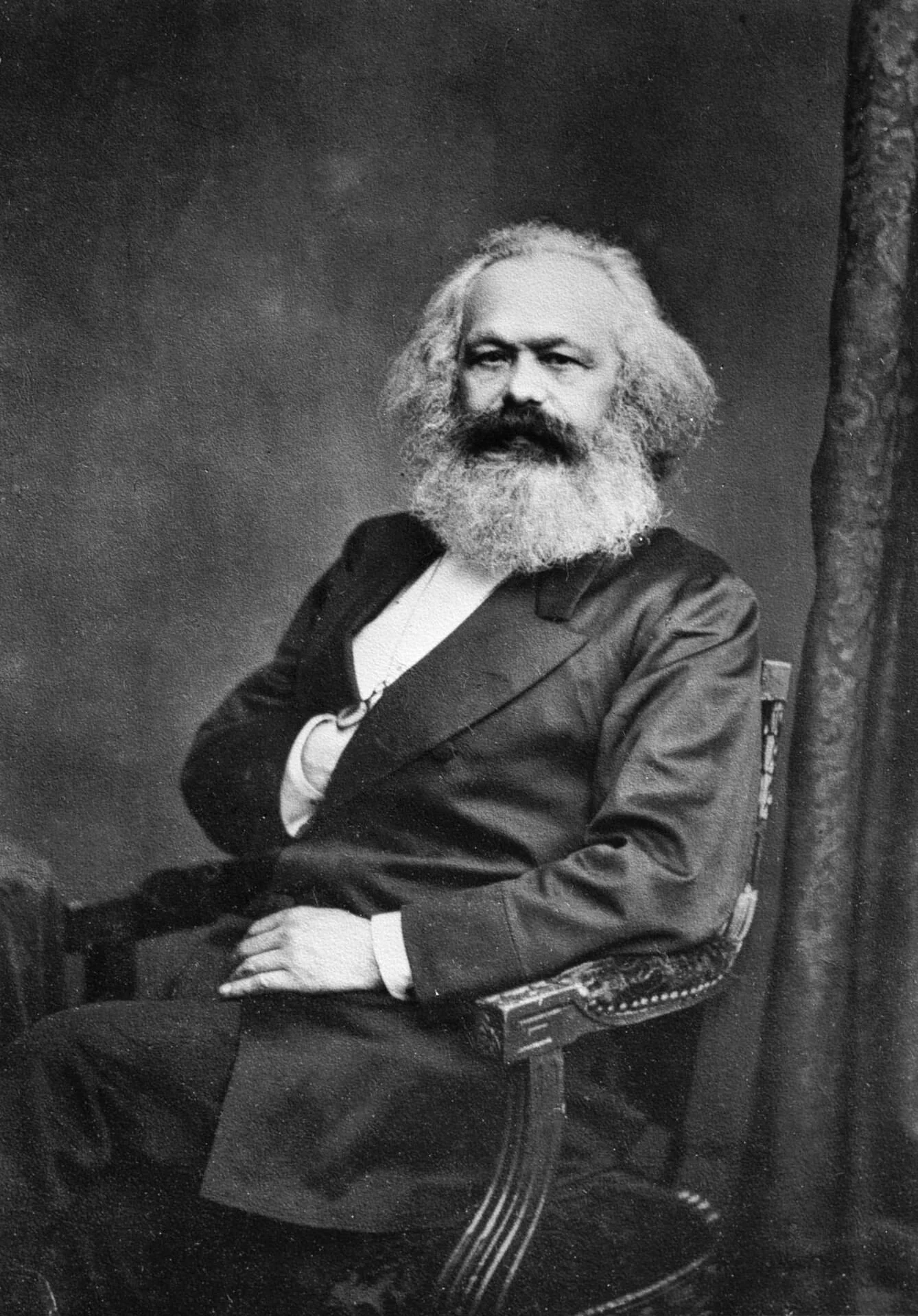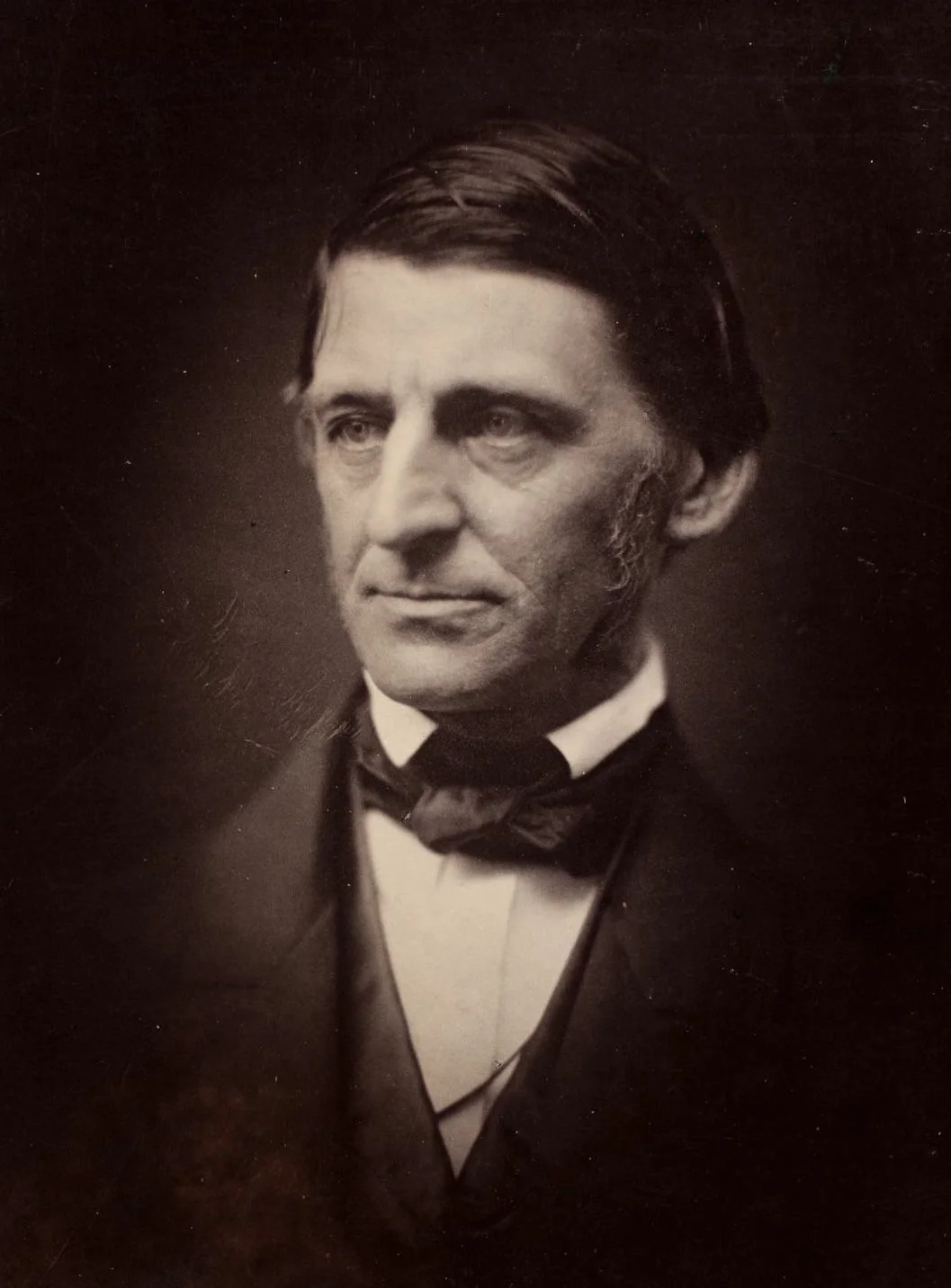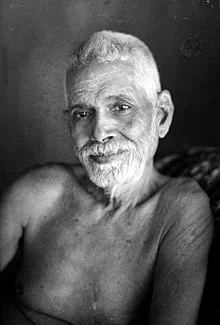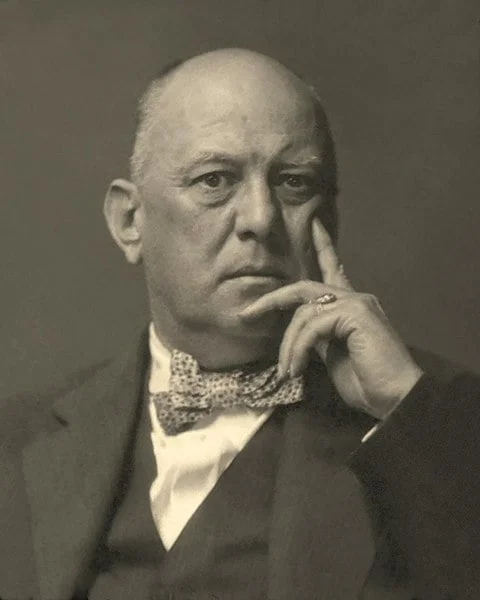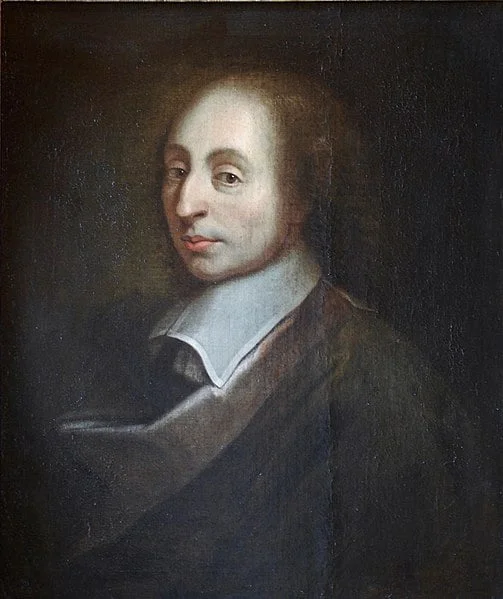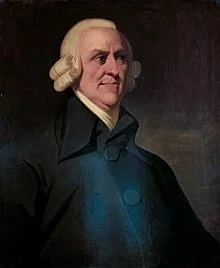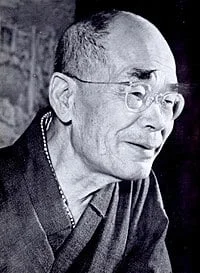Real Celebrities Never Die!
OR
Search For Past Celebrities Whose Birthday You Share
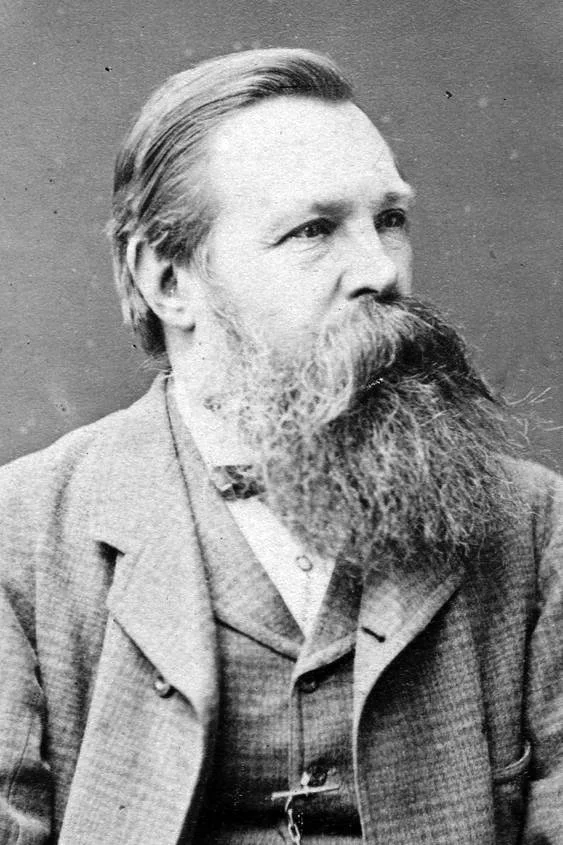
source: wikipedia.org
Friedrich Engels
Birthday:
28 Nov, 1820
Date of Death:
05 Aug, 1895
Cause of death:
Throat cancer
Nationality:
Prussian
Famous As:
Historian
Age at the time of death:
74
Friedrich Engels's Quote's
Early Life and Education
Friedrich Engels was born on November 28, 1820, in Barmen, Prussia, to a wealthy textile manufacturer. Raised in a privileged household, Engels received an education at a gymnasium in Berlin, which provided a strong foundation in classical studies. Although his father wanted him to join the family business, Engels had other interests, which later led him to radical politics and intellectual pursuits.
Move to Manchester and Political Awakening
In 1838, Engels joined his father’s business but soon moved to Manchester, England, in 1842. This relocation was pivotal in shaping his worldview. Manchester’s industrial revolution revealed the harsh realities faced by the working class. Engels observed extreme poverty, long working hours, and poor living conditions. His exposure to these social inequalities spurred his interest in radical political ideas, inspiring his later works on class struggle and exploitation.
Engels’ Secret Passion for Writing
While working as a merchant’s clerk in Bremen, Prussia, Friedrich Engels secretly pursued his passion for journalism, politics, and economics under the pseudonym “Friedrich Oswald.” He wrote articles that challenged the existing societal norms and criticized the exploitation of workers. This secret engagement allowed him to sharpen his writing skills while maintaining a connection to political movements.
Introduction to Communism and Karl Marx
In 1841, Engels enlisted as a volunteer in an artillery regiment in Berlin, where he attended university lectures. It was during this period that he joined the Young Hegelians, a group of radical thinkers inspired by the ideas of German philosopher Georg Wilhelm Friedrich Hegel. This intellectual environment introduced Engels to the concepts of communism. In 1844, Engels met Karl Marx in Paris, forging a lifelong friendship and intellectual partnership. Their shared desire to end class oppression laid the foundation for their collaborative work.
Writing “The Communist Manifesto”
In 1848, Friedrich Engels and Marx co-authored “The Communist Manifesto”, one of the most influential political documents in history. The manifesto called for a world free from exploitation and class divisions, advocating for the rights of the working class. Engels’ firsthand experience of the grim conditions in Manchester provided a practical backdrop to the manifesto’s ideas. The document remains central to socialist and communist movements worldwide.
Support for Marx and Intellectual Contributions
Engels played a crucial role in supporting Marx, both financially and intellectually. He sent part of his income from his family’s business to Marx, enabling him to continue his research and writing. Engels was also a prolific writer himself, contributing to social science through works like ‘The Condition of the Working Class in England’ (1845). After Marx’s death in 1883, Engels edited and completed many of Marx’s unfinished manuscripts, ensuring that his friend’s ideas reached a broader audience.
Revolutionary Activism
Friedrich Engels was actively involved in revolutionary movements across Europe. He participated in the German revolutions of 1848–1849 and supported the Paris Commune in 1871. His involvement in these uprisings reflected his deep commitment to the cause of socialism. Engels remained a leading figure in socialist movements in both Britain and Germany, contributing to the theoretical foundations of modern socialism.
Later Life and Death
In his later years, Engels continued to write, engage with political movements, and provide leadership to socialist organizations. He passed away in London on August 5, 1895. In accordance with his wishes, his ashes were scattered off Beachy Head in the English Channel. Engels left behind a legacy that continues to influence political thought and movements worldwide.
Conclusion
Friedrich Engels’ life was marked by his dedication to the struggle for social justice and the liberation of the working class. His intellectual partnership with Karl Marx laid the foundation for modern socialist theory, while his revolutionary activism demonstrated his unwavering commitment to political change. Engels’ contributions to social science, politics, and economics have had a lasting impact, ensuring his place as a key figure in the history of radical thought.
Name:
Friedrich Engels
Popular Name:
Friedrich Engels
Gender:
Male
Cause of Death:
Throat cancer
Spouse:
Place of Birth:
Barmen, Jülich-Cleves-Berg, Kingdom of Prussia (now Wuppertal, Germany)
Place of Death:
London, England
Occupation / Profession:
Personality Type
Logician: Friedrich Engels loved to question ideas and he enjoyed coming up with a permanent solution to a problem.
After Marx's death in 1883, Engels edited and published the remaining volumes of "Das Kapital," ensuring the completion of Marx's seminal work
Engels claimed to know 24 languages, demonstrating his passion for education and linguistics
Engels is one of the founding fathers of Marxist communism.
He wrote under the pseudonym Friedrich Oswald during his early career, producing 30 literary works that were only revealed after his death
Friedrich Engels is the co-author of The Communist Manifesto, a pamphlet that is regarded as one of the most influential political documents in the world.

